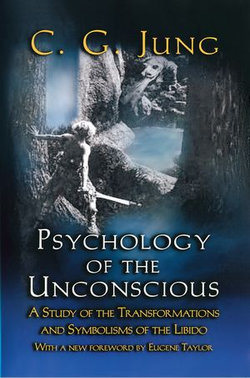A landmark work that marks the beginning of Jung’s divergence from the psychoanalytical school of Freud
Psychology of the Unconscious is a key text for understanding the formation of Jung’s ideas and his personal and psychological development at a crucial time in his life. In this influential book, Jung explores the fantasy system of Frank Miller, the young American woman whose account of her poetic and vivid mental images helped lead him to his redefinition of libido while encouraging his explorations in mythology. Miller’s fantasies, with their mythological implications, supported Jung’s notion that libido is not primarily sexual energy, as Freud had described it, but rather psychic energy in general, which springs from the unconscious and appears in consciousness as symbols. Jung shows how libido organizes itself as a metaphorical “hero,” who first battles for deliverance from the “mother,” the symbol of the unconscious, in order to become conscious, then returns to the unconscious for renewal. Jung’s analytical commentary on these fantasies is a complex study of symbolic parallels derived from mythology, religion, ethnology, art, literature, and psychiatry, and foreshadows his fundamental concept of the collective unconscious and its contents, the archetypes.




Share This eBook: